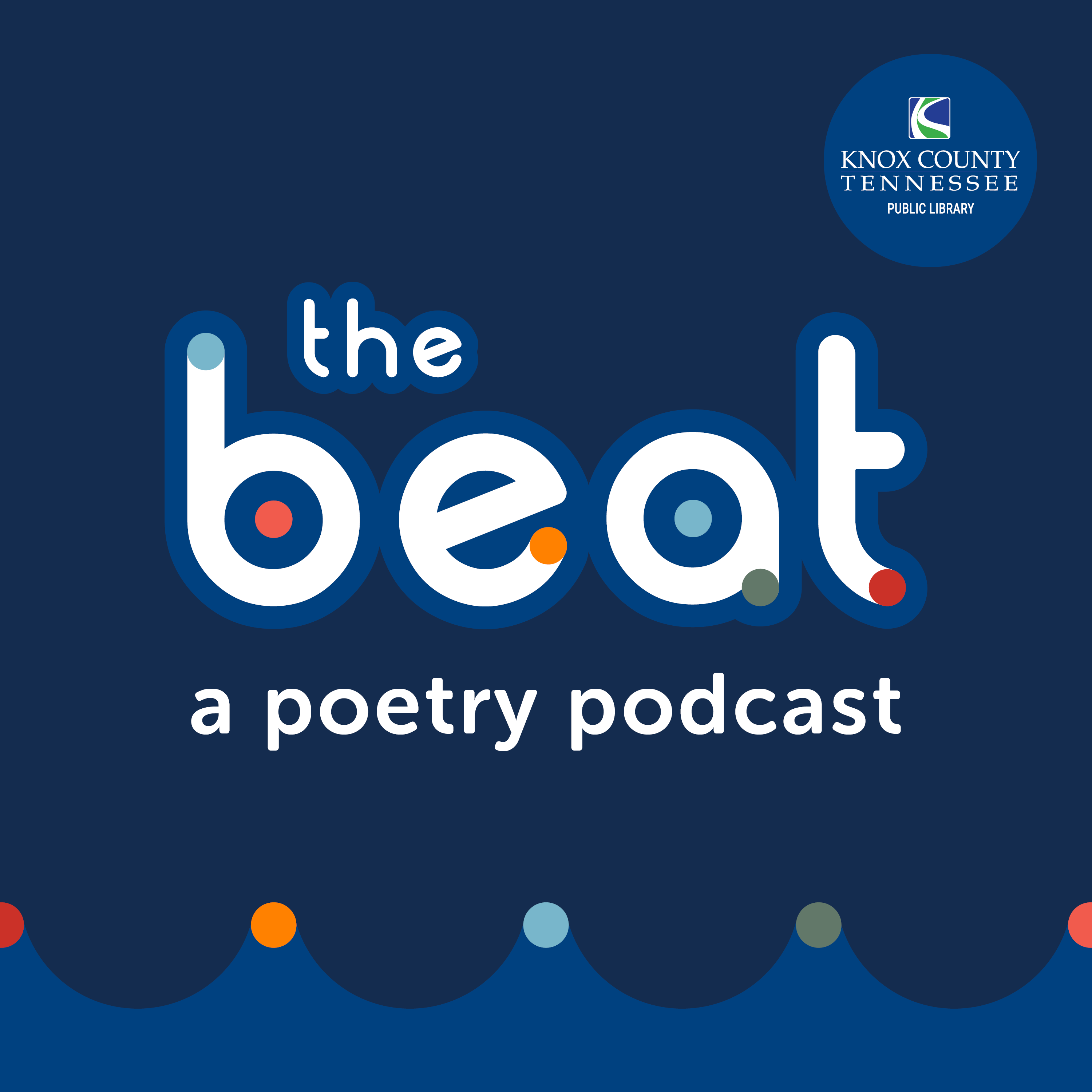Episode 5
Pauletta Hansel and Edna St. Vincent Millay
Pauletta Hansel is the author of nine collections of poetry, including her latest book Heartbreak Tree. Her work has been featured in Oxford American, Rattle, American Life in Poetry, and Poetry Daily, among others. Hansel was Cincinnati’s first Poet Laureate, and she was the 2022 Writer-in-Residence for The Public Library of Cincinnati and Hamilton County.
Edna St. Vincent Millay was born in Rockland, Maine in 1892. Along with her many books of poetry, Millay published plays, a libretto called The King’s Henchman, and she wrote short stories for popular fiction magazines under the pseudonym Nancy Boyd. She was the first woman to win the Pulitzer Prize in poetry.
Links:
Read "I Take My Mother with Me Everywhere" and "After"
Read "Postcard from Age 60" at Braided Way
Read "Recuerdo" at The Poetry Foundation
Pauletta Hansel
"The City" at Appalachian Review
"May 1, 2020" in The Oxford American
"Palindrome" at Still: The Journal
Video: "Meet our 2022 Writer-In-Residence" Cincinnati & Hamilton County Public Library
Edna St. Vincent Millay
Bio and poems at The Poetry Foundation
The Millay Society's Audio Archives
Mentioned in this episode:
KnoxCountyLibrary.org
Thank you for listening and sharing this podcast. Explore life-changing resources and events, sign up for newsletters, follow us on social media, and more through our website, www.knoxcountylibrary.org.
Transcript
Welcome to The Beat, Knox County Library’s poetry podcast. Today, we’ll hear four poems read by the poet Pauletta Hansel. The first three poems, “I Take My Mother with Me Everywhere,” “After,” and “Postcard from Age 60,” are from her book Heartbreak Tree. Hansel will follow by reading Edna St. Vincent Millay’s poem “Recuerdo,” which was published in nineteen twenty-two.
Pauletta Hansel:"I Take My Mother with Me Everywhere"
In dream,
we are going to Alaska, but she doesn’t
have any boots. She reminds me—
the lake she has always wanted
to see, southern waves lapping a green shore.
But we are going to Alaska
where underneath the lichen and moss
the land is forever frozen,
permanently impermeable,
as she is.
"After"
Where does fear go when it dies—
no, that’s not the right question,
it was never fear who lay
beneath bleached sheets, caged eyes wild,
then not. Now fear’s talons have
nowhere to land. Mother’s safe
in ground. Above, I circle.
"Postcard from Age 60"
Most mornings I unspool the knotted rope of me
into cool water, trying to dip down
into gratitude. My sinking body
in its nylon suit still moves as I tell it to,
the lift and push of limbs across the length of pool.
Mother, some days I even remember to thank
the ache that lives at the base of my spine, too,
for how it lifts me buoyant to this place of ease.
I am trying to believe it is not the weight,
but how we carry what we’re given that bends
us down, or lets us float awhile, suspended
in these years between the gathering up
and letting go. Mother, I am trying
to let go, but not of everything, a soft
loosening of my clench upon this world
I entered through your body.
I am going to read to read the poem "Recuerdo" by Edna St. Vincent Millay. When I was a very young writer, in my early teens, there were very few female poets that were available to me as a reader. And I stumbled upon Edna St. Vincent Millay who wrote this poem and other poems when she also was a very young poet. And this poem gave me a sense of what the possibilities in my life, as a person, as a woman, and as a writer, might be.
"Recuerdo" by Edna St. Vincent Millay
We were very tired, we were very merry—
We had gone back and forth all night on the ferry.
It was bare and bright, and smelled like a stable—
But we looked into a fire, we leaned across a table,
We lay on a hill-top underneath the moon;
And the whistles kept blowing, and the dawn came soon.
We were very tired, we were very merry—
We had gone back and forth all night on the ferry;
And you ate an apple, and I ate a pear,
From a dozen of each we had bought somewhere;
And the sky went wan, and the wind came cold,
And the sun rose dripping, a bucketful of gold.
We were very tired, we were very merry,
We had gone back and forth all night on the ferry.
We hailed "Good morrow, mother!" to a shawl-covered head,
And bought a morning paper, which neither of us read;
And she wept, "God bless you!" for the apples and pears,
And we gave her all our money but our subway fares.
Alan May:You just heard Pauletta Hansel read her poems “I Take My Mother with Me Everywhere,” “After,” and “Postcard from Age 60.” She followed with Edna St. Vincent Millay’s poem “Recuerdo.” Hansel was kind enough to record these poems at her home in Cincinnati, Ohio.
Pauletta Hansel is the author of nine collections of poetry, including her latest book Heartbreak Tree. Her work has been featured in Oxford American, Rattle, American Life in Poetry, and Poetry Daily, among others. Hansel was Cincinnati’s first Poet Laureate, and she was the twenty twenty-two Writer-in-Residence for The Public Library of Cincinnati and Hamilton County.
Edna St. Vincent Millay was born in Rockland, Maine in eighteen ninety-two. Though Millay’s family was poor, her mother was very supportive of her education and development as a writer, and Millay was able to attend Vassar College on a scholarship. Along with her many books of poetry, Millay published plays, a libretto called The King’s Henchman, and she wrote short stories for popular fiction magazines under the pseudonym Nancy Boyd. She was the first woman to win the Pulitzer Prize in poetry. Millay died in nineteen fifty, in Austerlitz, New York. You can find books by Pauletta Hansel and Edna St. Vincent Millay in our online catalog. Also, look for links in the show notes. Please join us next time for The Beat.




